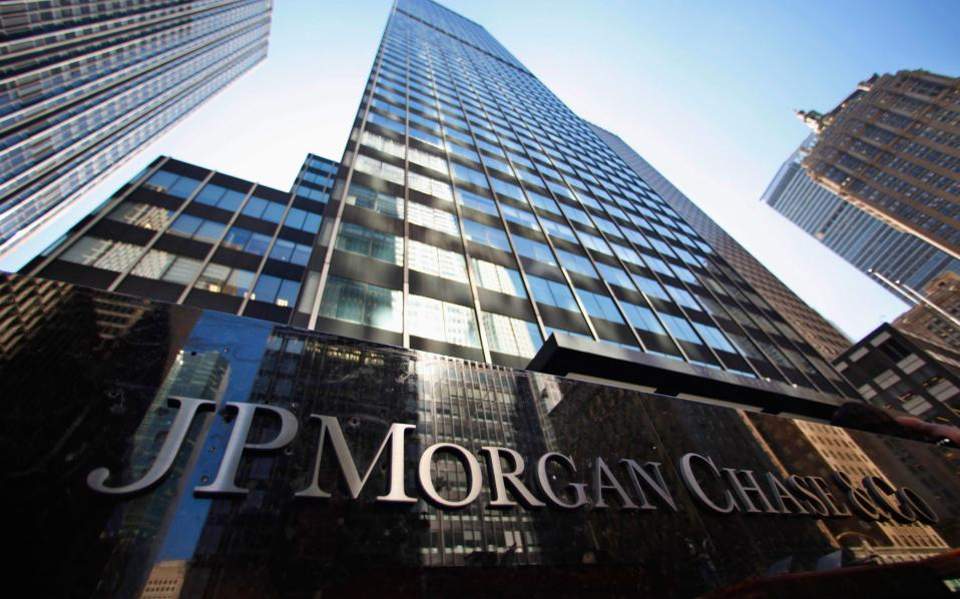Greek rating going up, as Italy’s slides

As Greece exercises fiscal restraint, with its economy continuing to outperform the eurozone, its credit rating on an upward trajectory and major investment companies predicting new upgrades to investment grade in the near future, Italy is increasingly consolidating its prospect of becoming the next source of fiscal crisis in Europe.
That Italy is the weak link in the eurozone is something markets have been pricing in for several months. Italian bonds are showing the highest yields in the region, at 4.82% for the benchmark 10-year paper versus 4.27% for the Greek 10-year bond, and the spread with the German bund is now above 200 basis points, compared to 149 bp for the Greek bond. That was not helped on Monday by the voting of the Italian budget, that has not pleased markets.
JP Morgan estimates that it is extremely likely that S&P will downgrade the Italian outlook to negative on Friday, although it does not rule out a downgrade as well. It expects similar moves from DBRS and Fitch. However, it estimates that it is possible that Moody’s will downgrade Italy to junk since it is already giving a negative outlook.
Unlike Italy, as JPMorgan points out, Greece is clearly on an upward trajectory and S&P is expected to give the country investment grade this Friday, while Fitch is expected to do the same in its assessment on December 1, leading to the inclusion of Greek bonds in the main international indices.
JPMorgan’s optimism for Greece is shared by Citigroup, as it also estimates that S&P will upgrade Greece to investment grade, while Moody’s will do the same in the next nine months.
In particular, Citi is cautious on Italian, French and Belgian bonds, while it is particularly bullish on Greek and Portuguese ones. While its baseline scenario sees no change in the ratings of Italy, France and Belgium in the near term, risks to that scenario have nevertheless increased following their expansionary proposals for 2024 budgets amid decreasing fiscal margin. As a result, the debt servicing costs of these three countries appear to be moving above the threshold that suggests a downward (or even stable) debt-to-GDP ratio trajectory for years to come.
On the contrary, Portugal and Greece will maintain, according to Citi, the upward evaluation trajectory, thanks to the fundamentals of their economies, with strong growth expected for both countries – at a time when the global economy is slowing – with a reduction in their deficit and debt indexes.





